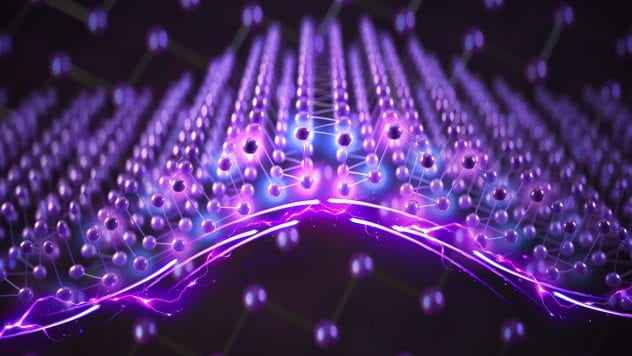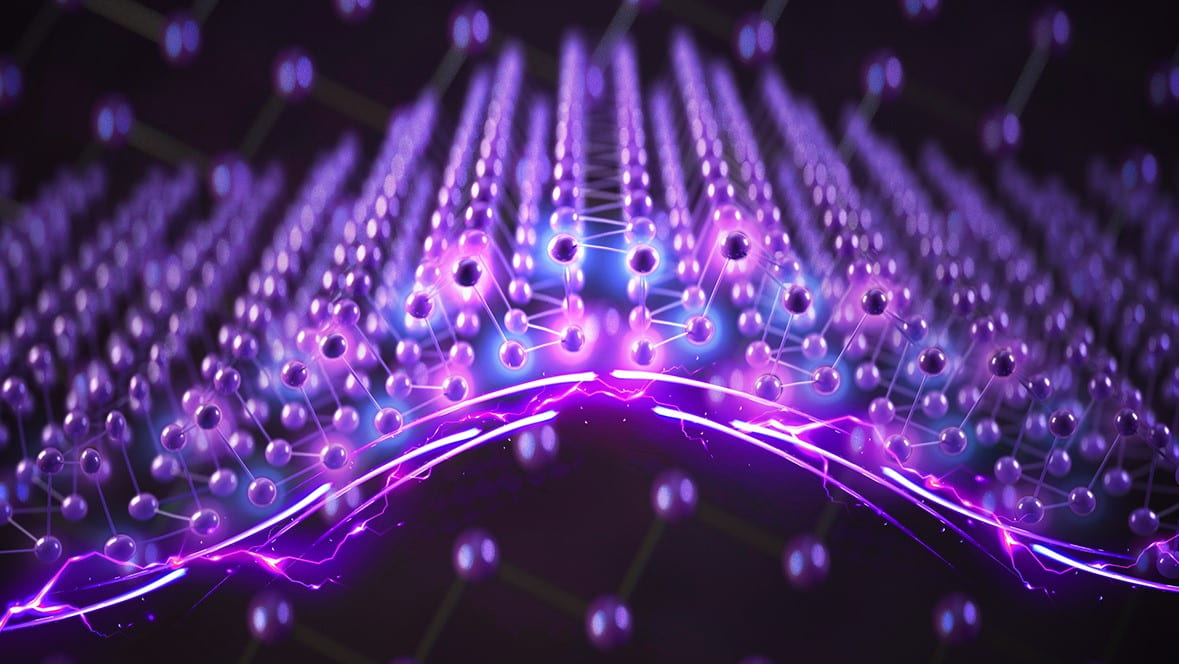Since its discovery more than 100 years ago, ferroelectric materials still garner much attention in research due to their wide-ranging applications, from data storage to renewable energy systems. Ferroelectric materials can generate an electric field and offer several benefits, such as high writing speed for data storage, high storage density, lower operating power, and the ability to retain data without a power source.
Two-dimensional (2D) ferroelectric materials are an emerging type of ferroelectric material. However, research and development in this area is limited due to the small number of available materials.
Adding to the current library of 2D ferroelectric materials, physicists from NUS have recently discovered a new single-element material, known as 2D black phosphorus-like bismuth (BP-Bi), that demonstrates ferroelectric properties. This new material changes the conventional understanding of ferroelectric materials, which are commonly made up of compounds – more than one element – with opposing charges to allow the formation of an electric field. This finding solves the fundamental question of whether single-element substances have ferroelectric properties.
This ground-breaking discovery was achieved by a team led by Professor Andrew Wee from the Department of Physics under NUS Faculty of Science, with collaborators Professor Chen Lan from the Institute of Physics under the Chinese Academy of Sciences, and Professor Lu Yunhao from School of Physics under Zhejiang University. Findings of this novel ferroelectric material were published in Nature on 5 April 2023.
The researchers used cutting-edge techniques to visualise in detail the single-element material, BP-Bi, at an atomic scale. Through experimental methods, they observed a new form of ferroelectricity within the structure of BP-Bi, which an external source of electricity can control.
The researchers shared that this form of ferroelectricity will have implications for future quantum electronic devices and advanced data storage devices. This new single-element ferroelectric material also provides a fresh perspective to studying the basic physical properties of elements.
Prof Wee said, “In addition to overturning the common-sense idea that ionic polarisation only exists in compounds, we believe that single-element ferroelectricity in BP-Bi would introduce a new perspective to the study and design of novel ferroelectric materials, and inspire new physics of elemental materials in the future.

